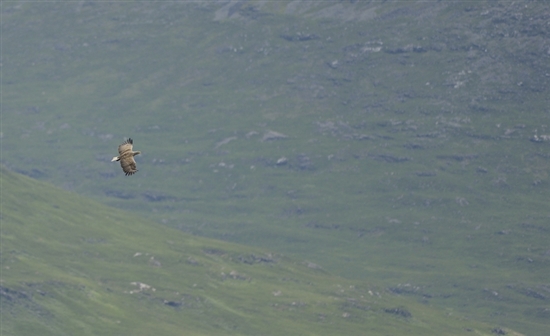Let’s make our nature laws worth the paper they’re written on

Regardless of the outcome of Brexit, we all want nature to be better protected.
Given that the wild species and habitats that we love, and the pressures they face, do not respect borders, we need a collaborative approach between the four governments of the UK to ensure the best possible outcomes for nature.
You have the power to hold them…